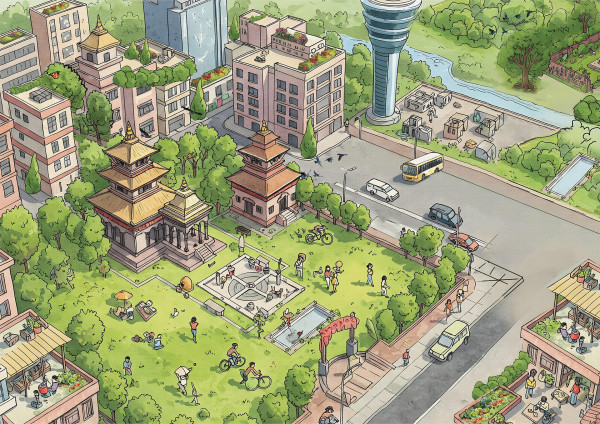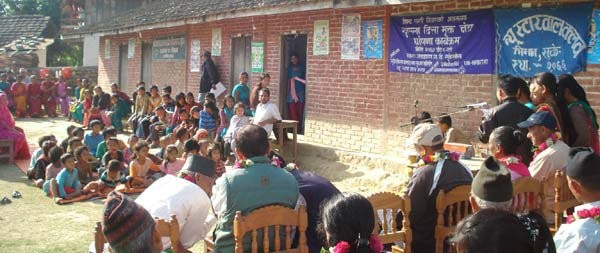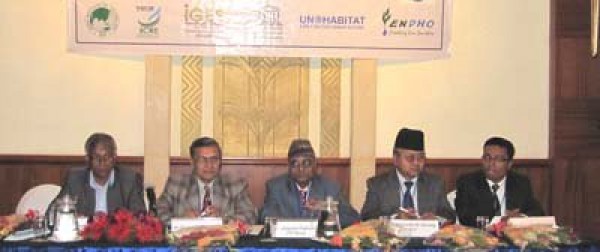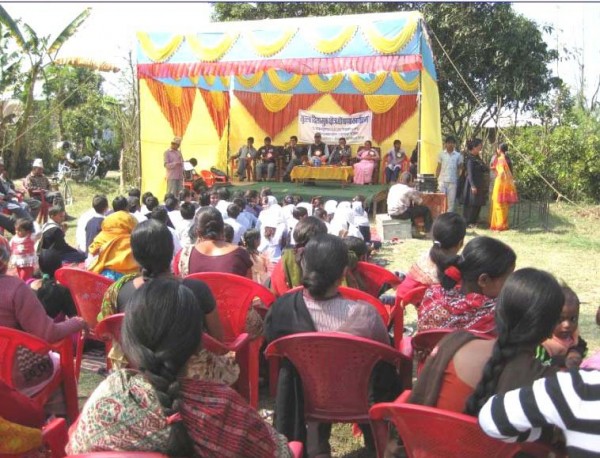Municipal Resource Mapping Workshop held in Nepal
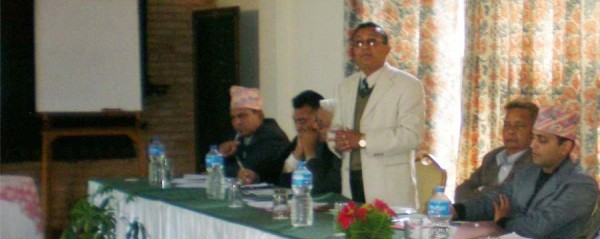
Municipal Association of Nepal (MuAN), Practical Action Network (PAN) and Environment and Public Health Organization (ENPHO) with support of UN HABITAT Water for Asian Cities Programme Nepal and European Union organized a workshop on municipal resource mapping for sustainable implementation of WATSAN plan on 4 December, 2009 in Kathmandu. The joint venture of these organizations have been conducting the "Strengthening Water, Air, Sanitation and Hygiene Treasuring Health (SWASHTHA)" project in selected seven municipalities including Bharapur, Ratnanagar, Butawol, Ramgram, Siddharthanagar, Gulariya and Tikapur; and 3 small towns namely Sunawol, Kawasoti and Bardaghat to access improved drinking water and sanitation (WATSAN) facilities to the poor clusters in these areas. The project has recently formulated a 20-year WATSAN Plan. It has recommended various WATSAN activities to conduct in selected poor communities of these municipalities and small towns, which requires sufficient fund support. The resource mapping workshop had been held to identify the possible resources, which can be supportive to implement WATSAN plan in the project areas. The workshop carried out stakeholders' consultation on existing WATSAN situation in municipalities, various constraints to bring additional support from other potential stakeholders and donors. The workshop also focused on role of different level sector players in the implementation of WATSAN plan, and exploration of possible financial and other resources.At the programme, Joint Secretary at Ministry of Local Development (MoLD) Dinesh Thapaliya told thatpopulation living under poverty line has increased in the country in last few decades though it seems reduced in proportion. Speaking about the small scale grants, he opined that MoLD should provide grant to those local governments, which assure the ministry to give prime consideration to water, sanitation and health sector. Dormani Poudel, president of MuAN told that local government should place solid waste management at top priority position in their action plan at the time of approaching to the donors. He suggested the participating municipal representatives and WATSAN stakeholders to get united to contribute WATSAN sector. The participants at the workshop, highlighting the existing urban WATSAN problems and current strategies of local governments, suggested to assemble support from various resources for the effective implementation of WATSAN action plans at local level. They also suggested to make local government accountable and capable to implement WATSAN activities independently.


